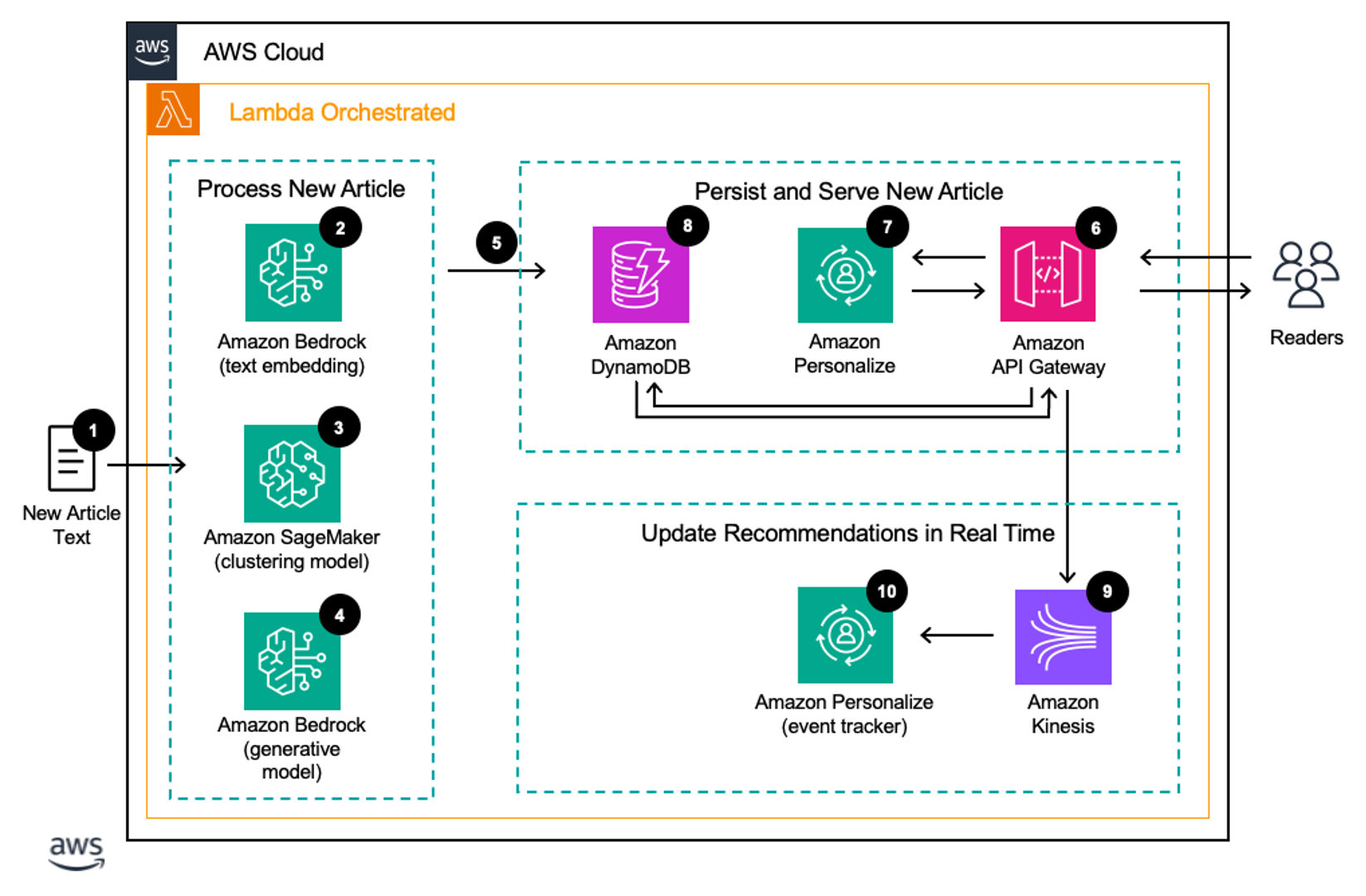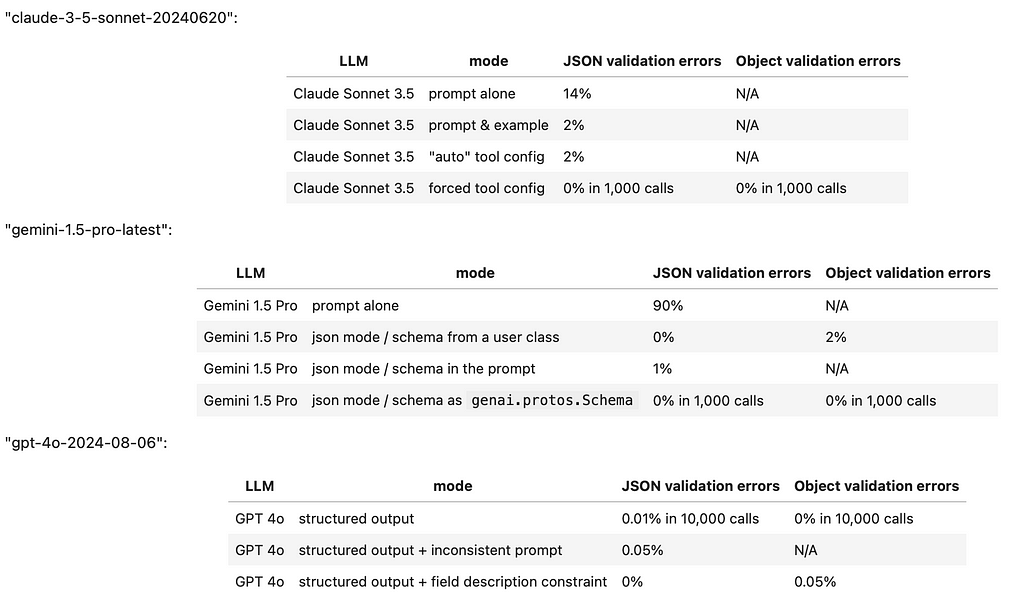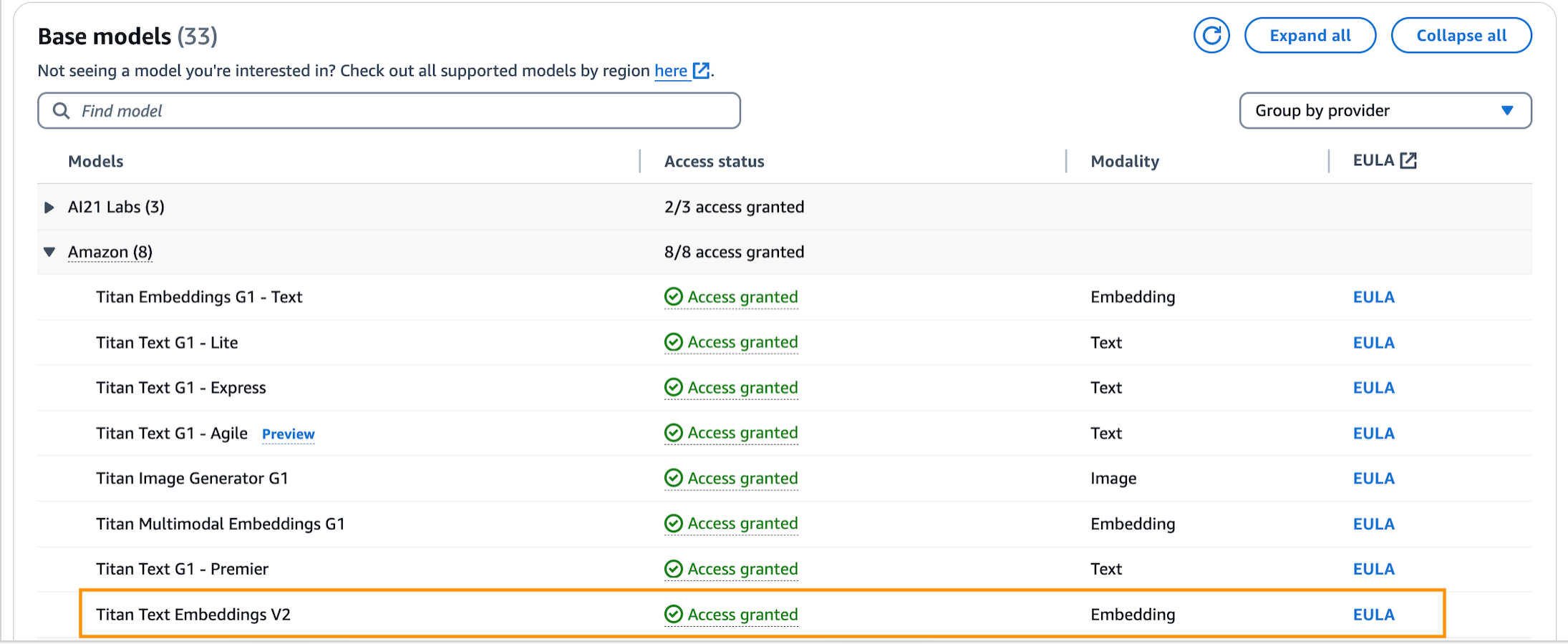Tanni Grey-Thompson's train ordeal highlights the need for a more disability-friendly world. Keir Starmer's austerity message draws inspiration from Lynn Anderson's hit single.
News publishers face challenges in providing personalized content due to the short shelf life of news articles. Amazon Bedrock combines text embeddings with Amazon Personalize to recommend articles in real-time, improving user experience and engagement.
California bill mandates AI model testing, safety protocol disclosure to prevent catastrophic risks like electric grid sabotage. Governor Gavin Newsom to decide on groundbreaking legislation by end of September, amid warnings against AI overregulation.
Researchers harvesting rare organisms globally face backlash over unpaid use of genetic codes. Algae collected in North Yorkshire highlights AI's impact on biodiversity research.
Compress LLMs 10X without performance loss. Techniques like quantization, pruning, and knowledge distillation make powerful ML models more accessible.
Incorporating AI like Amazon Q Developer can boost dev productivity by 30%. Amazon Q Business enhances enterprise operations with generative AI.
Southeast England water company rejects proposed cuts, deeming plan 'uninvestible'. Polestar appoints new CEO, continues global expansion in electric vehicle market.
GPT-4o and LATS merge to enhance LLM decision-making, revolutionizing problem-solving with advanced reasoning capabilities. Meta-generation algorithms amplify computational resources during inference, mimicking higher-level cognitive processes for improved model performance.
AWS DeepRacer: Learn to bridge the sim2real gap by mastering the physical track. Understand how the car's camera sensor uses grayscale images to navigate based on pixel values.
Google and Tel Aviv University introduce GameNGen, an AI model simulating Doom using Stable Diffusion techniques. The neural network system could revolutionize real-time video game synthesis by predicting and generating graphics on the fly.
Top LLMs tested for structured output: Google Gemini Pro, Anthropic Claude, OpenAI GPT. OpenAI leads with direct integration for JSONs. Anthropic requires 'tool call' trick, Google Gemini is cumbersome.
Nvidia, third most valuable company, sees revenue surge to $30.04bn, driven by rising AI demand. Despite exceeding expectations, shares drop 3% in after-hours trading.
Microsoft has donated the Mono Project to WineHQ, encouraging migration to open source .NET framework. Mono, created by Miguel de Icaza, was a trailblazer for .NET on various operating systems.
Generative AI features are expanding in software with Amazon Bedrock, offering high-performing foundational models from leading AI companies like AI21 Labs and Meta. Learn how to implement tenant isolation using Amazon Bedrock agents in a multi-tenant environment for secure and responsible AI applications.
RAG combines retrieval & generative models for QA systems. Automate end-to-end RAG deployment using AWS CDK & Amazon Bedrock.















